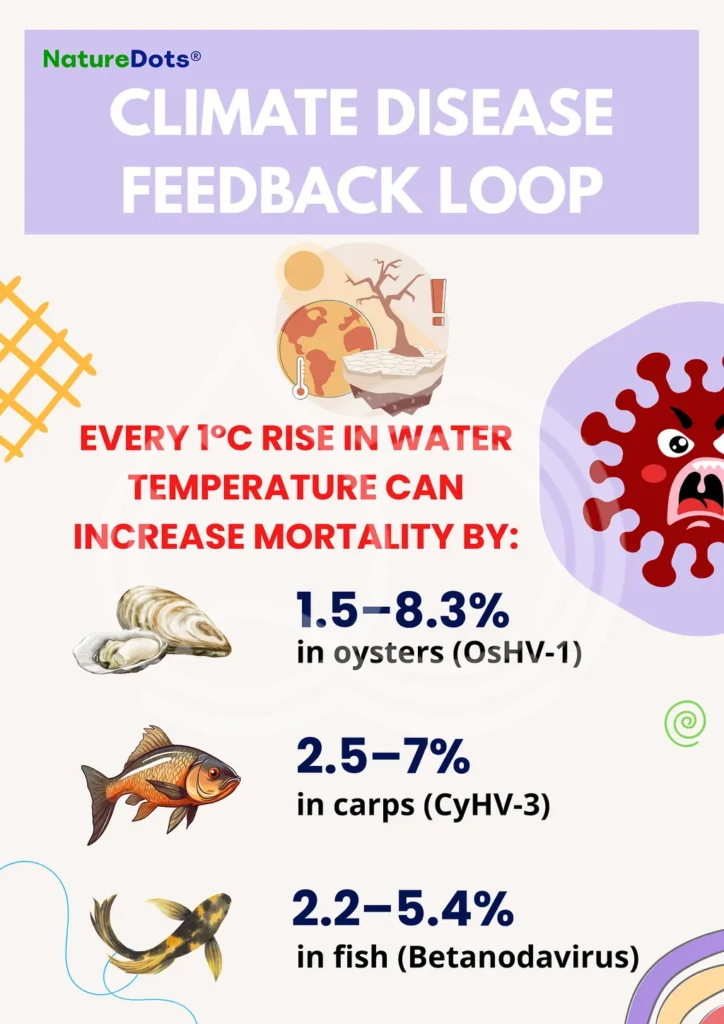In the face of rising global temperatures, aquaculture is grappling with a silent crisis: summer mortality syndrome. This phenomenon, characterized by alarming fish mortality rates ranging from 30% to a staggering 100%, is a growing concern for fish farmers worldwide. A recent study published in the *Journal of Advanced Veterinary and Animal Research* sheds light on the complex interplay of factors contributing to this syndrome and offers promising mitigation strategies.
The study, led by Manal E. Shafi from the Sustainable Agriculture Production Research Group at King Abdulaziz University, identifies pathogenic agents such as bacteria, viruses, fungi, and parasites as primary culprits. Among the most notorious bacteria are Aeromonas spp., Flexibacter columnaris, and Flavobacterium columnare, which have been linked to significant mortality rates in various fish species. However, the problem is not solely biological; poor management practices and unfavorable environmental conditions also play a substantial role.
“Summer mortality syndrome is a multifaceted issue,” Shafi explains. “It’s not just about the pathogens; it’s about how we manage our aquaculture systems and adapt to changing environmental conditions.”
The economic implications of summer mortality syndrome are profound. With aquaculture being a vital sector of the global food supply, the financial losses due to high mortality rates can be devastating. Farmers are not only losing valuable stock but also facing the cost of implementing mitigation strategies.
The study highlights several protective measures that can be taken to combat this syndrome. Nutritional inventions such as herbal additives, essential oils, and natural compounds have shown promise in boosting fish immunity. Water management practices, antibiotics, vaccinations, and modern technology are also crucial in reducing mortality rates. Improved management practices, tailored to the specific needs of different fish species, can further enhance the resilience of aquaculture systems.
Looking ahead, the research underscores the need for further studies to evaluate the long-term effectiveness of these mitigation strategies. As climate change continues to impact global temperatures, the development of sustainable fish farming practices becomes increasingly urgent. The findings from this study could shape future advancements in aquaculture, guiding farmers and researchers towards more resilient and productive systems.
In the words of Shafi, “This research is just the beginning. We need to continue exploring innovative solutions to protect our aquatic animals and ensure the sustainability of our aquaculture industry.” As the world grapples with the challenges of climate change, the insights from this study offer a beacon of hope for the future of fish farming.

